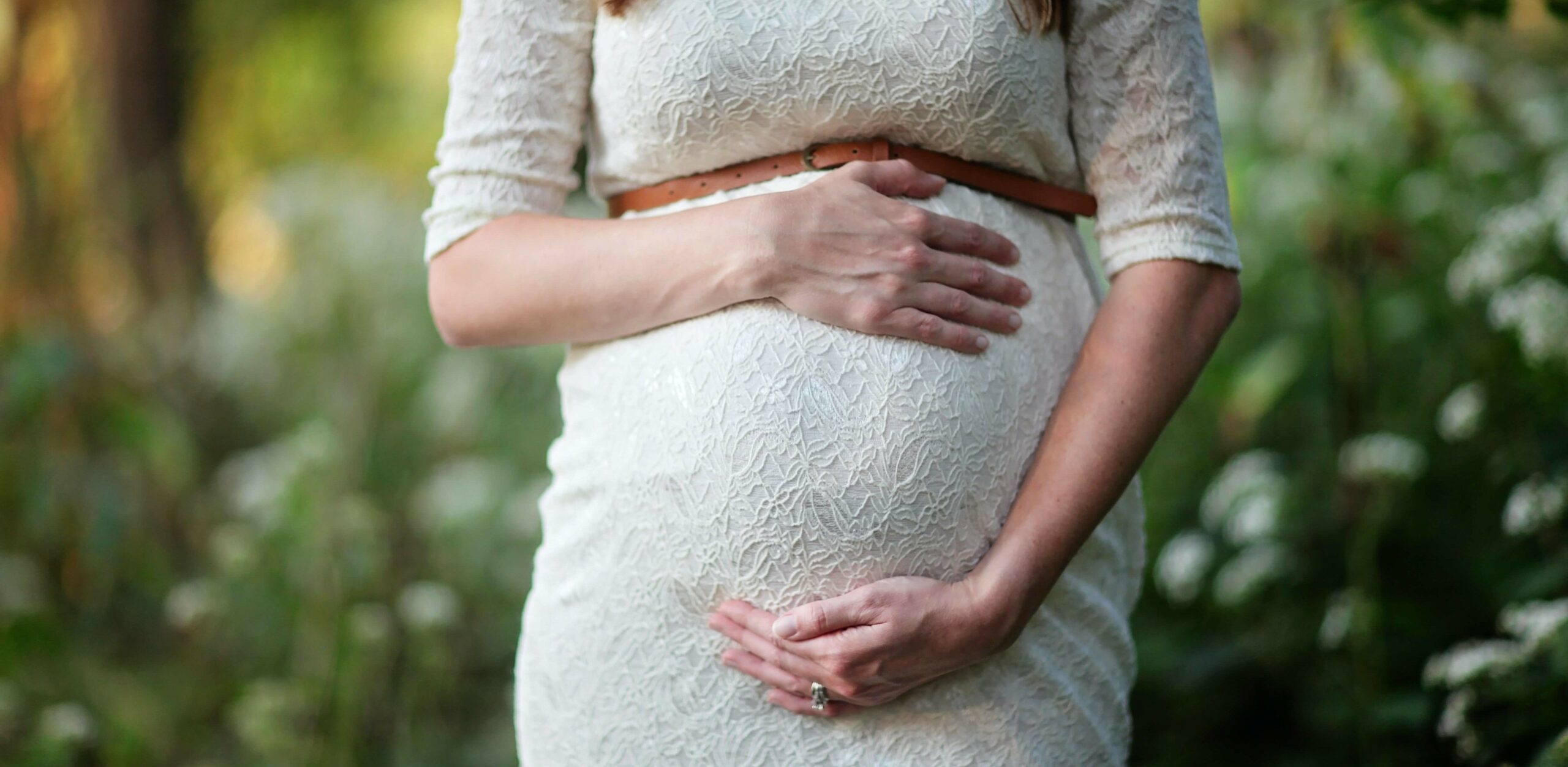During normal ovulation, the ovaries usually take turns in releasing an egg. One ovary will release an egg one month, and the other the next month. If you are in a position where you are left with only one ovary, the remaining ovary will compensate for the other, and an egg will still be released every month.
While this means you can still fall pregnant, your chances may be lower. The fact that you only have one ovary might also point to an underlying condition that could harm your fertility.
A very small percentage of people who are assigned female at birth are born with only one ovary (approximately 11,240 women). And some people need to have an ovary surgically removed due to health conditions - a surgery called an oophorectomy.
Reasons Why Ovaries are Removed
There could be a variety of health reasons why an ovary needs to be removed (called a unilateral removal) or both ovaries need to be removed (bilateral removal).
As with the removal of any part of a person’s body, these steps will only be taken as a drastic measure where the benefits outweigh the risks. An oophorectomy might be done to ensure the relief of long-term pain, to remove the cause of a condition (such as cancer) or to reduce the symptoms associated with a condition.
Endometriosis
Endometriosis is a painful condition where uterine tissue grows on the outside of the uterus or the ovaries. To reduce the discomfort and pain levels of the patient, the endometriosis can be surgically removed, which might include the removal of an ovary.
Infections
Infections occurring in the ovary are quite rare but it is a possibility. If antibiotic treatment fails, removal of the ovary might be necessary.
Cysts
Ovarian cysts are quite common but rarely cause complications when they are small and on the outside of the ovary. Once they form inside of the ovary, the cysts may burst and cause severe pain and pelvic discomfort. Polycystic ovarian syndrome (PCOS) is a condition that is associated with cysts that form on the ovaries and affect the person’s fertility.
Non-Cancerous Or Benign Tumours
These tumours mainly cause discomfort and pain in the pelvic region. Removal will alleviate the pain and prevent the tumours from developing into more life-threatening tumours.
Ovarian Cancer
If you have cancer in one or both of your ovaries, they might be surgically removed to remove the cancer or to reduce the risk of relapse.
Effects On Fertility
The ovaries are responsible for egg and hormone production. A person who has lost both ovaries will no longer be fertile and go into menopause.
Menopausal symptoms may include decreased libido, development of osteoporosis, memory fog, anxiety and depression, hot flashes, and vaginal dryness.
When a woman loses one ovary, they might have a lower chance of falling pregnant. Hormone production might also be lower, which could affect their reproductive cycles and chances of having a successful pregnancy.
There might be an underlying condition that produced the reason the ovary was removed in the first place and the condition may still be present in the body and cause fertility problems.
Waiting To Fall Pregnant After Ovary Removal
After having an ovary removed, the couple needs to abstain from intercourse for at least three to six months. The woman’s body needs to fully recover from the pelvic surgery and allow the single ovary to get back into normal function and achieve a normal cycle (menstrual and hormonal).
If after 12 months of regular intercourse impregnation still has not occurred, it is important to go to a doctor for a check-up as the fallopian tube might be blocked or the ovary might not be ovulating monthly. If both ovaries have been removed, the alternative option is to have IVF (Invitro Fertilisation).
Side Effects And Risks Of Having One Ovary
As mentioned before, menopausal symptoms will be evident if both ovaries have been removed and women with one ovary are at risk of developing early menopause. This is because the production of the hormones estrogen and progesterone will stop and menstruation will not occur anymore.
Hormone replacement therapy is an option to combat some menopausal symptoms in addition to lowering the risk of osteoporosis. Heart disease is another long-term health risk associated with the removal of the ovaries. The younger the woman is, the more at risk they are for developing side effects and long-term health problems.
If you have lost an ovary and you’ve always dreamed of becoming a mother, there are a variety of options available if you are struggling to conceive. Here are some options you can discuss with your doctor to ensure that you are a suitable candidate for these procedures physically, mentally and emotionally.
In Vitro Fertilisation
During in vitro fertilisation (IVF), fertilisation occurs outside of the body and the resulting embryo is implanted by the doctor into the uterus for further development.
Surrogacy
Fertilisation occurs outside of the body with the couple’s reproductive cells. The embryo is implanted into a third party who will carry the baby full term and give birth.
Adoption
Another form of expanding your family if you are unable to conceive, would be through adopting a child. In this case, fertility does not play a role at all but psychological and emotional health is of utmost importance.


 71–75 Shelton Street, Covent Garden, London, WC2H 9JQ
71–75 Shelton Street, Covent Garden, London, WC2H 9JQ +44 (0) 20 3376 1032
+44 (0) 20 3376 1032



